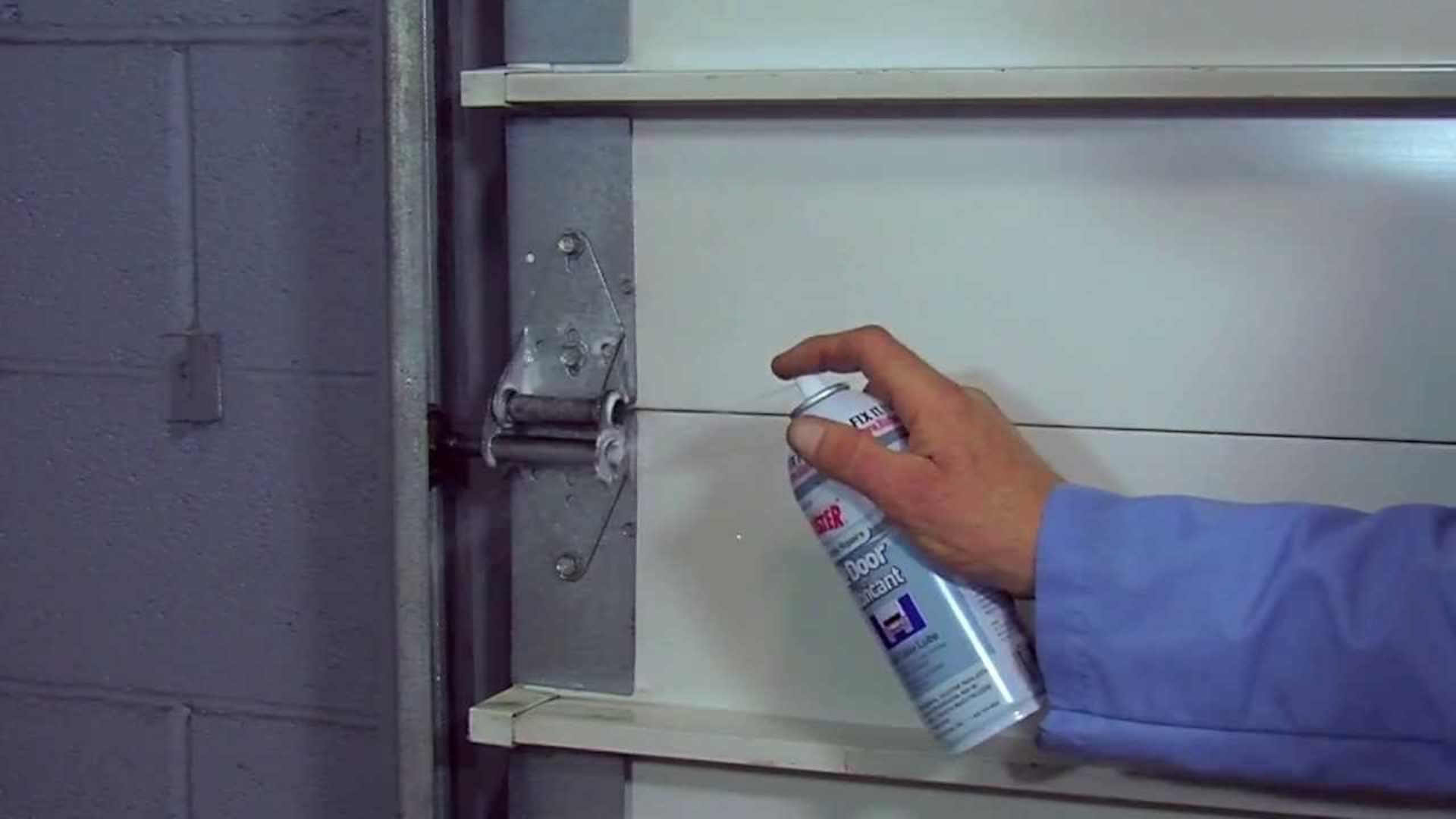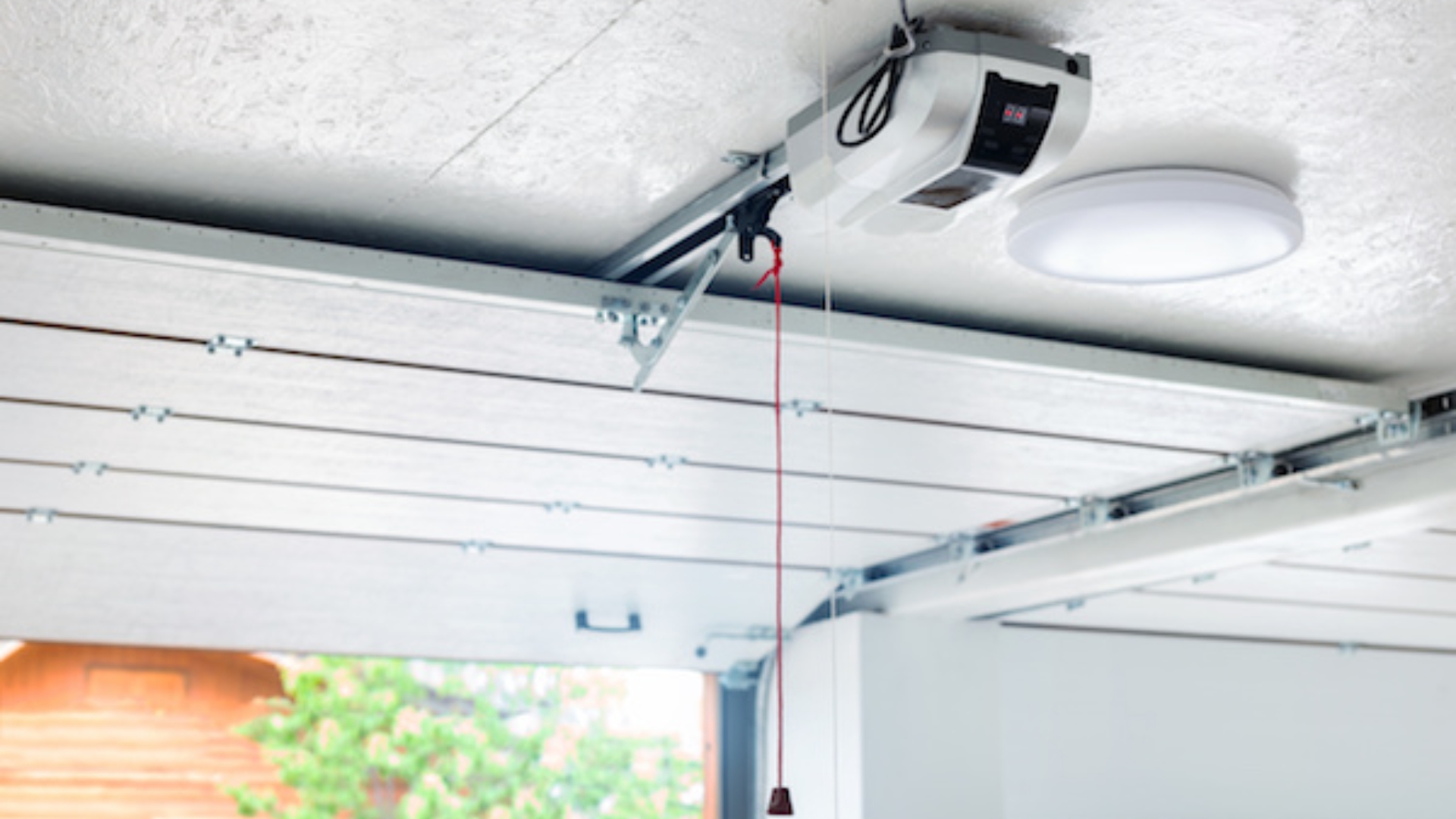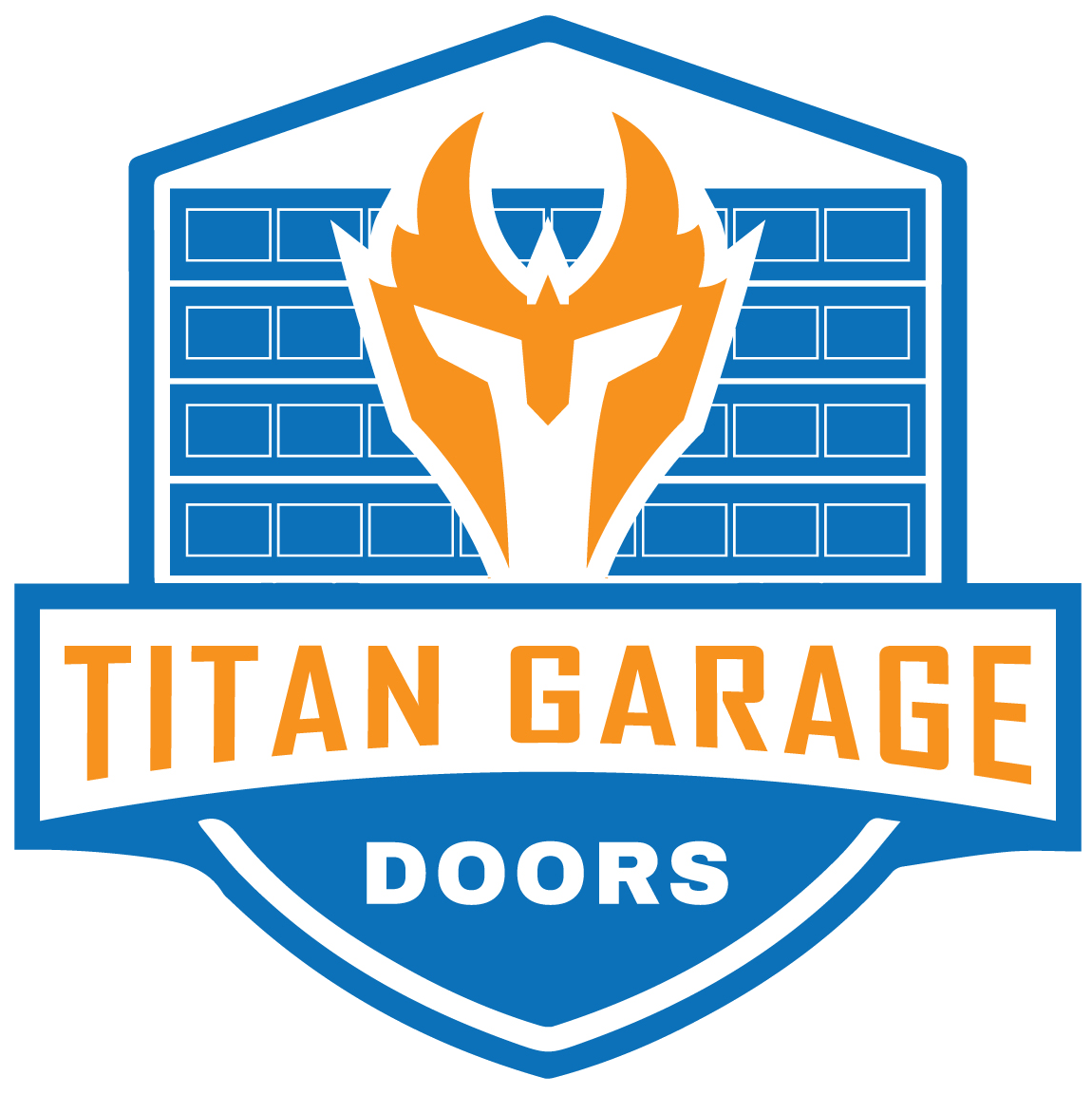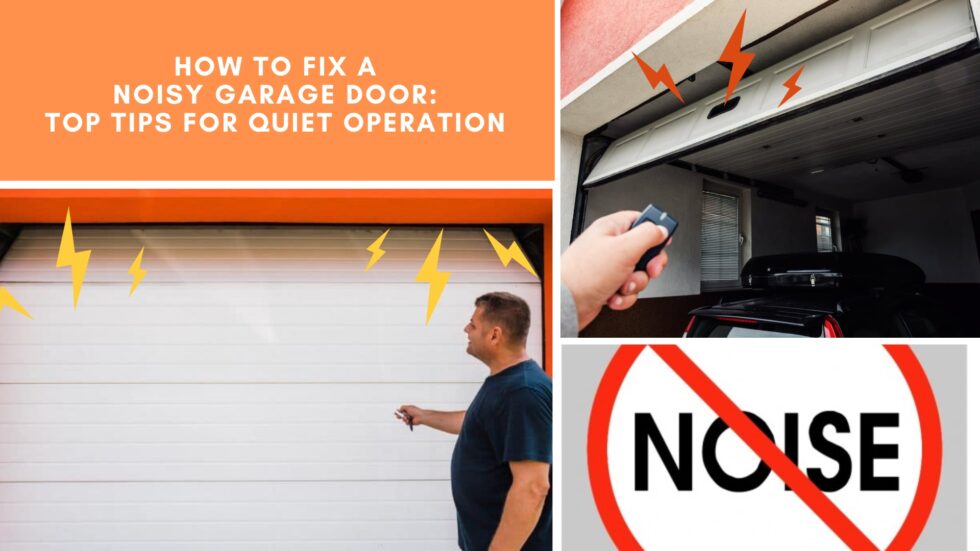Is your garage door making more noise than usual? When it disturbs your peaceful mornings or late nights, a noisy garage door can be frustrating. Over time, wear and tear can cause different parts of your garage door to squeak, rattle, or grind. The good news is that you do not have to live with that annoying sound. With a few simple steps from Titan Garage Doors Des Moines, you can fix the problem and enjoy smooth, quiet operation again. So, read on and let us help you solve your noisy garage door issues and keep it running quietly.
Step 1: Identify the Source of the Garage Door Noise
The first step to fixing a noisy garage door is figuring out where the noise is coming from. Note that different parts of your garage door can make noise when they wear out or get loose. For example, if you hear squeaking, the rollers might need attention. A grinding sound could mean the tracks were dirty or misaligned. Sometimes, it is just loose hardware causing the rattling.
That is why you must pinpoint when and where the noise occurs. Does it make more noise when the door is moving up or down? Take a moment to watch the door in action and listen carefully. This way, you can spot the problem early on and fix it before things get worse. If you can not find the source, do not worry—you can always call a garage door repair Des Moines professional to help.
Step 2: Lubricate Moving Garage Door Parts Regularly
One of the easiest ways to fix a loud garage door is by lubricating its moving parts. Over time, parts like garage door hinges, rollers, and tracks can dry out and start to squeak or grind. Yet, why does this happen? When these parts rub against each other without enough lubrication, the friction creates that irritating noise. On the bright side, the right amount of grease can go a long way.

So start by grabbing a silicone-based or lithium grease spray, which works best for garage doors. Simply spray it on the rollers, hinges, tracks, and springs. You do not need much; just enough will reduce friction and noise. For the best results, wipe off any dirt or old grease beforehand.
Step 3: Tighten Loose Garage Door Components
Over time, the vibrations from the door going up and down can cause bolts, nuts, and screws to loosen. When that happens, you will hear rattling or banging sounds every time you use the garage door.
To get started, grab a wrench and check the garage door hardware. Focus on the areas where parts often come loose, such as hinges, tracks and mounting brackets. When you tighten them, you will notice that it can lessen the noise level right away. Just be careful not to overtighten. It is good to keep things tight, but going too far could damage the parts.
Step 4: Replace Worn-Out Rollers
Rollers make garage door movement smooth. However, these rollers will wear out at some point, which could turn your system into a noisy garage door. If you hear a rattling or grinding sound when the door moves, it is probably time to replace them. Most garage doors come with steel rollers that are durable but often louder. Why not upgrade to nylon rollers? They are not only quieter but also more durable. By replacing your worn-out rollers, you will cut the noise and improve the overall function of your garage door. Take this small step, and your garage door will run quietly for years.
Step 5: Inspect and Align the Garage Door Tracks
One common cause of a noisy garage door is dirty or misaligned tracks. These tracks when they are off, you will usually hear grinding or screeching sounds. To fix this, start by checking the tracks for dirt, debris, or any obstructions. Cleaning them out can often reduce the noise right away. Next, look at the garage door alignment. If the tracks seem out of place, you can gently tap them back into position using a rubber mallet. That will help the door glide more smoothly, reducing the noise.
Step 6: Check the Garage Door Opener
The door itself might not cause your noisy garage door—it could be the opener. Over time, the opener can get louder, especially if you have an older model that uses a chain drive. These types of openers are often noisier compared to newer models. Try tightening the chain. A loose chain can cause rattling and banging sounds when you open or close the door. Use a wrench to tighten it carefully, but be sure not to over tighten it, as this can cause extra strain on the system.

If these fixes do not help, you might consider upgrading to a new, quieter garage door opener. Belt-driven or direct-drive openers are much quieter than chain-driven ones. Making the switch can reduce the noise and give you peace of mind every time you open your garage.
Step 7: Consider Adding Noise-Reduction Kits
If your noisy garage door still would not quiet down, adding a noise-reduction kit might be the solution. These kits include insulation and rubber parts that help absorb vibrations, which can reduce the overall noise when your garage door moves. Think of it like adding a cushion to soften the impact. By installing these soundproofing materials, you can significantly lower the sound levels, making your garage door quieter and smoother to operate. You can find different types of noise-reduction kits, and some are simple enough for a DIY project.
However, for the best results, we recommend every Des Moines homeowner turn to a professional garage door installer. Have you tried fixing the creaks and squeaks, but the door still sounds like it is struggling? Sometimes, calling in the pros is the best next move. Remember, taking care of this problem now can save you from severe headaches later on. So whether it is a quick DIY fix or just ready to hand it off to the pros, addressing the noise will keep your garage working like it should.
Garage Door Maintenance Near Me
Is your garage door noisy? Do not let that sound disrupt your peace. At Titan Garage Doors Des Moines, we handle maintenance, repair, and garage door replacement to quiet your noisy garage door. Contact us today, and we will help you reduce the noise with flexible payment options to pay over time. Get your garage door running smoothly again.







